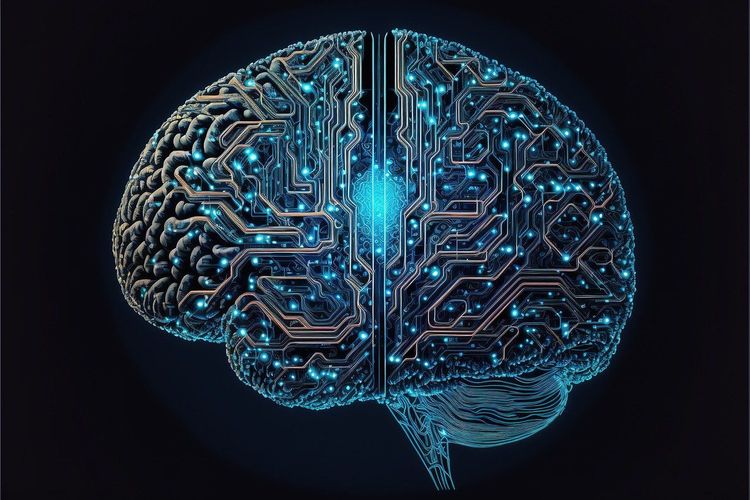The possibility of extraterrestrial life has captured human imagination for centuries, and recent thoughts put forth by renowned astronomer Martin Rees suggest a groundbreaking perspective: alien beings might not resemble conventional biological life at all. Instead, they could exist as artificial intelligence (AI) programs. This notion is gaining traction as the scientific community's interest in unidentified aerial phenomena (UAPs) grows.
According to Avi Loeb, a distinguished astrophysicist from Harvard, the daunting challenge of traversing interstellar distances—thousands of light years—demands that space probes operate autonomously. “They cannot wait for real-time guidance from their creators,” Loeb remarked. This independence indicates that these probes may possess their own forms of intelligence. Given that biological beings are unlikely to survive prolonged space travel due to exposure to cosmic radiation, it is plausible that extraterrestrial explorers are powered by AI. “Functioning extraterrestrial devices near Earth could very well be equipped with advanced AI,” he added.
Loeb leads The Galileo Project at Harvard, an initiative aimed at scrutinizing the origins of UAPs by observing objects within and near Earth's atmosphere. The project employs sophisticated AI deep learning algorithms to filter out identifiable objects based on thorough categorizations, thereby allowing researchers to focus on anomalies that may signify extraterrestrial intelligence. In September, NASA released its initial findings on UAPs and appointed a dedicated director for this line of research, concluding that while there is currently "no evidence" linking UAPs to extraterrestrial origins, the quest for further knowledge continues.
Rees elaborated on this thought-provoking idea in a recent essay, positing that humans may be merely an evolutionary stepping stone leading to the rise of AI. If AI entities are prevalent in the universe, our telescopes would likely miss them if they don't resemble organic beings. Rees argues that such non-organic intelligences could have vastly different operational protocols compared to us and may intentionally obscure their existence from humanity. They could potentially thrive in environments devoid of traditional planetary constraints, making space their ideal habitat for exploration and innovation.
Research has already begun on developing autonomous probes powered by AI to facilitate the study of distant celestial bodies. “AI astronauts equipped with 3D printers could utilize local materials to self-replicate or generate fuel,” Loeb explained. “The search for interstellar probes is a pivotal aspect of The Galileo Project as we gather data to uncover unusual objects near Earth.”
In addition to the exploration of extraterrestrial probes, researchers are leveraging AI to decode potential signals from intelligent alien life. As a preliminary exercise, scientists are applying AI to dolphin communication, with Denise Herzing, a leading expert in the field, at the forefront. Herzing's team has spent decades unraveling the complexities of dolphin language and has now integrated AI into their efforts. “After three years of refining our model, we’ve developed a user interface that facilitates rapid data mining and allows us to query specific sounds,” she shared on her project’s blog. The objective is to identify the structure and patterns in dolphins' vocalizations, a foundational aspect of any language.
Moreover, a group of scientists has introduced a straightforward technique for detecting signs of life on remote planets using AI. Their groundbreaking test distinguishes between minerals with historical biological connections and those that are purely abiotic. Through a meticulous two-step process—comprising pyrolysis gas chromatography and subsequent mass spectrometry—they trained an AI system with data from 134 samples, enabling it to assess new samples effectively.
“This innovative analytical approach could significantly advance the search for extraterrestrial life and enrich our understanding of life’s origins on Earth,” noted Robert Hazen, a researcher at the Carnegie Institution’s Geophysical Laboratory. “It paves the way for the deployment of intelligent sensors on robotic spacecraft and landers, allowing for the search for life indicators before samples are returned to Earth.”
As research in these fields progresses, the question of whether we are alone in the universe—and the form that any extraterrestrial intelligence might take—becomes ever more tantalizing. With the fusion of AI technology and astronomical research, humanity stands on the brink of potentially transformative discoveries.







